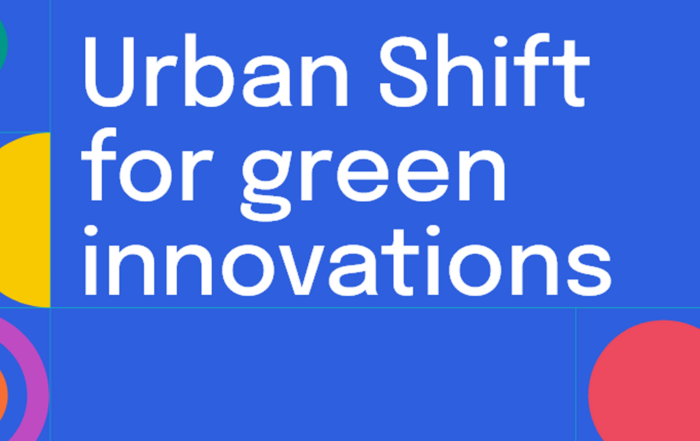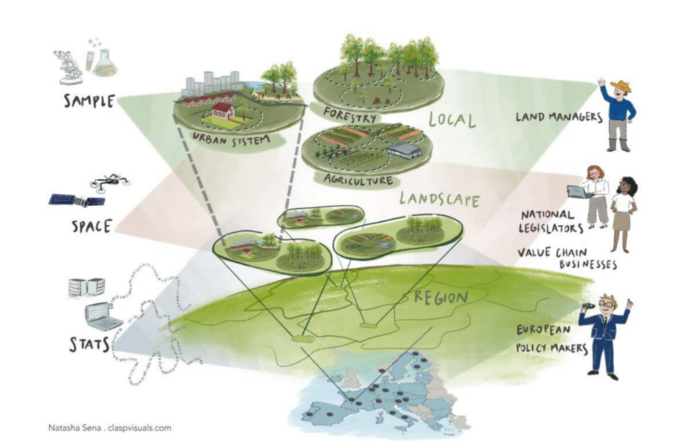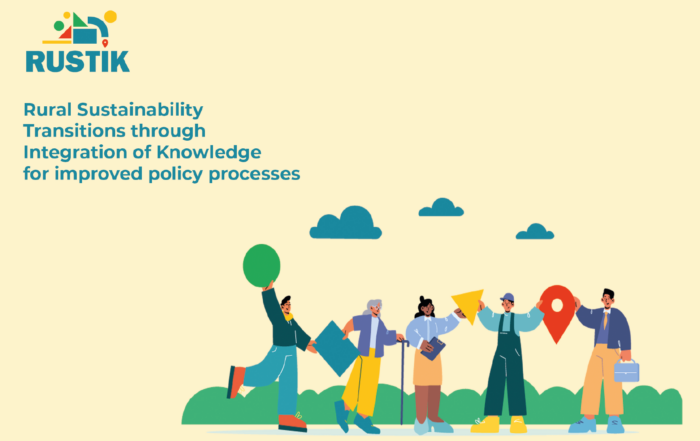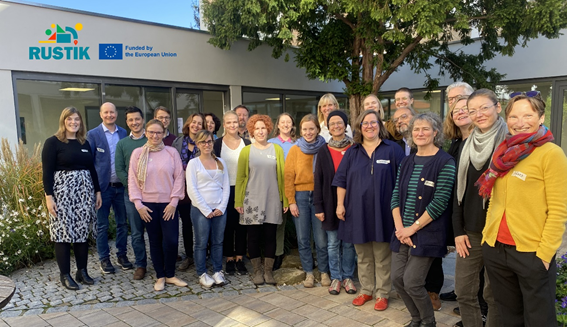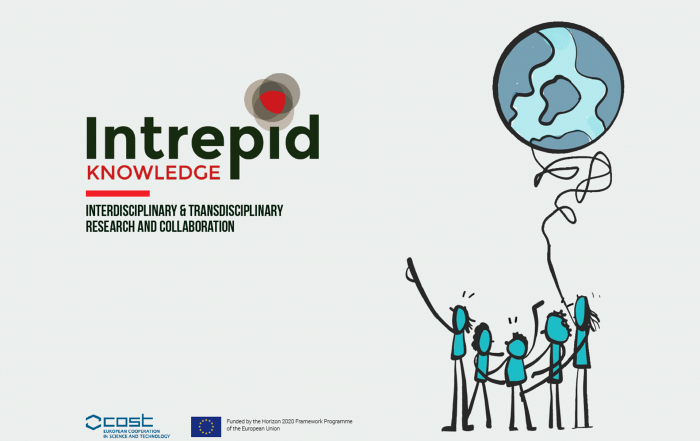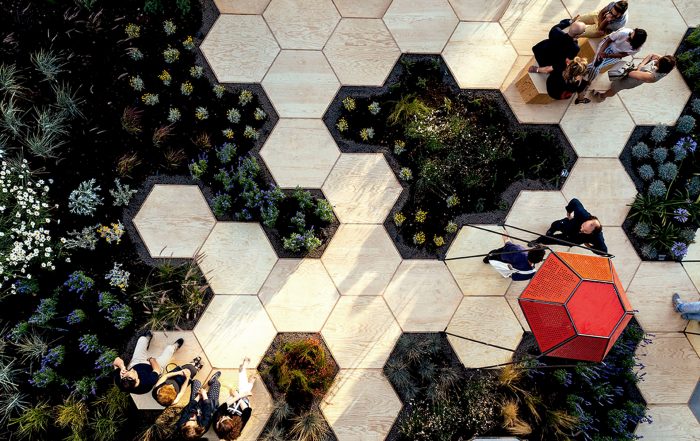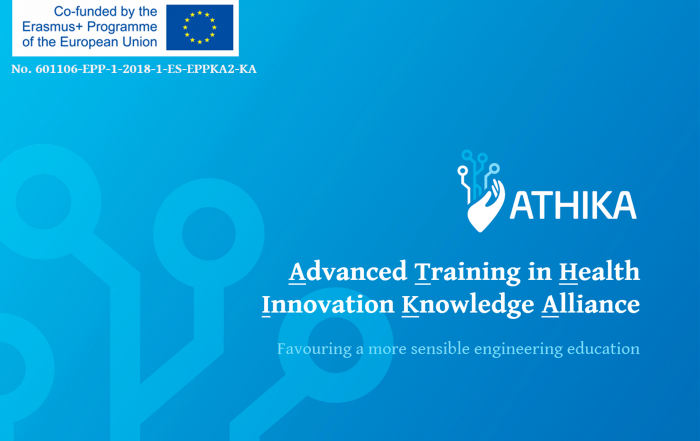In a world that is both rapidly urbanising and globalising, it is widely acknowledged that it is crucial to facilitate urban education that is cross, inter or trans-disciplinary; based on global but also on local knowledge and engaged with live projects taught through active learning approaches defined as challenge-based, or project-oriented that facilitate overcoming traditional barriers: the institutional and discipline-based contexts.
URBAN SHIFT
Supporting the EU green deal by providing groud breaking green innovations for fighting climate change in urban areas Urban Shift is a project aimed at reaching the goals of the EU Green Deal by providing ground-breaking innovations for fighting climate change in urban areas. The project will create a Living Ecosystem where educational institutions [...]
SOIL HEALTH BENCHMARKS
The Soil Health and Food (SH&F) mission board has set the goal to have 75% of European soils healthy or significantly improved by 2030. This is in line with other important European initiatives such as the Green Deal and EU Farm-to-Fork Strategy, as well as with preparations for a new EU law on the [...]
RUSTIK
RUSTIK runs 14 Living Labs to foster sustainability transitions in rural communities RUSTIK (Rural Sustainability Transitions through Integration of Knowledge for improved policy processes) is a four-year transdisciplinary research project. The project aims to enable rural communities’ actors and policymakers to design better strategies, initiatives and policies fostering sustainability transitions of rural areas. The [...]
Intrepid (COST Action)
INTREPID is a 32 country network with the overall aim to better understand how to achieve more efficient and effective interdisciplinary research in Europe, in order to enhance our capacity to meet contemporary global (urban) challenges characterised by increasing complexity and uncertainty. In order to better understand how to achieve more efficient and effective [...]
BUILD Solutions
There is growing recognition and awareness that nature can help provide viable solutions that use and deploy the properties of natural ecosystems and the services that they provide in a smart, 'engineered' way (EC). These living solutions provide sustainable, cost-effective, multi-purpose and flexible alternatives for various objectives. Working with nature, rather than against it, [...]
ATHIKA
More than 200 international students have developed their competences thank to the ATHIKA online course, starting on 8th of February. Titled as “eHealth opportunities and challenges: IoT, AI and Ethics” the course has received a great interest. The organizers received applications from the United Kingdom, Spain, Greece, Lithuania, Estonia and non-EU countries such as the [...]

